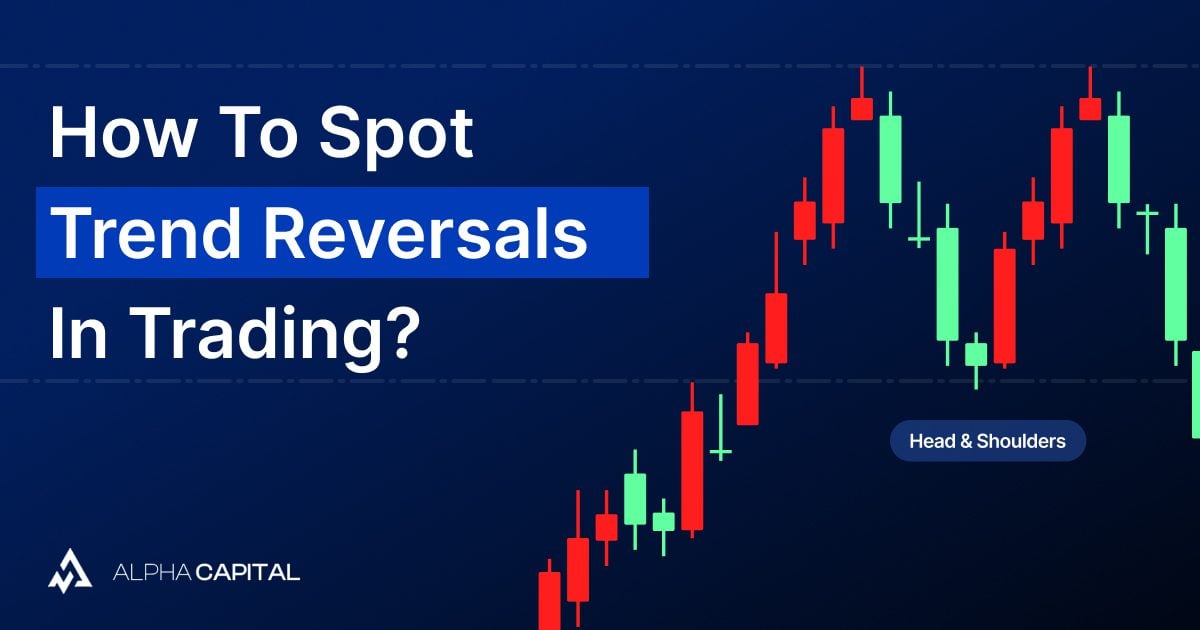
In the fast-paced world of day trading, staying informed and inspired is crucial for success. Podcasts offer a convenient way…

Embarking on a trading journey can be both exciting and daunting. With a myriad of trading styles and strategies available, finding the one that suits you best is crucial for long-term success. Whether you’re drawn to the fast-paced world of day trading or the strategic patience of position trading, understanding your personal strengths, risk tolerance, and lifestyle is key to selecting the right approach. Here’s a guide to help you identify which type of trader you are and the trading strategy that aligns with your goals.
Before you can choose a strategy, it’s important to understand the main types of trading styles:
Your personality and lifestyle play a significant role in determining the best trading style for you:
Consider what you hope to achieve through trading:
The best way to find your ideal trading style is through experimentation:
Learning from experienced traders can accelerate your journey:
Conclusion
Identifying the trading style and strategy that suits you best is a personal journey that requires self-reflection, experimentation, and education. By understanding your personality, lifestyle, and financial goals, you can align your trading approach with your strengths and preferences. Remember, the key to successful trading is not just finding the right strategy but also continuously learning and adapting to the ever-changing market landscape.

In the fast-paced world of day trading, staying informed and inspired is crucial for success. Podcasts offer a convenient way…

Embarking on a trading journey can be both exciting and daunting. With a myriad of trading styles and strategies available,…

Gold has long been a favorite among day traders, offering a unique blend of volatility, liquidity, and market dynamics that…

Identifying trend reversals in financial markets is a crucial skill for traders and investors. Recognizing when a trend is losing…

Home About Blog Contact